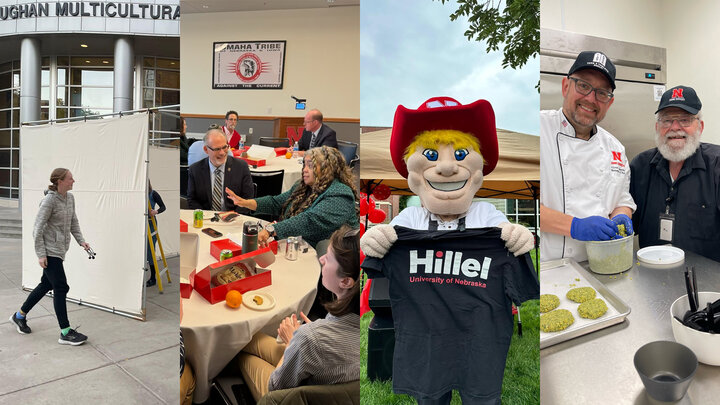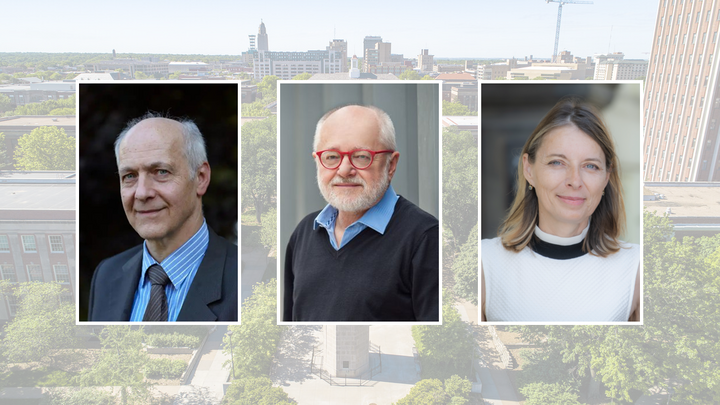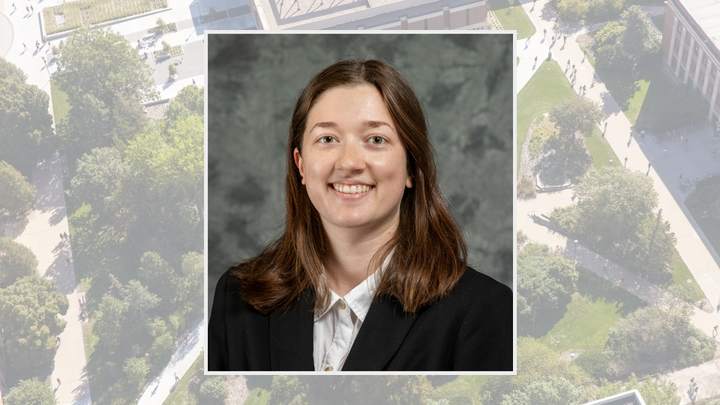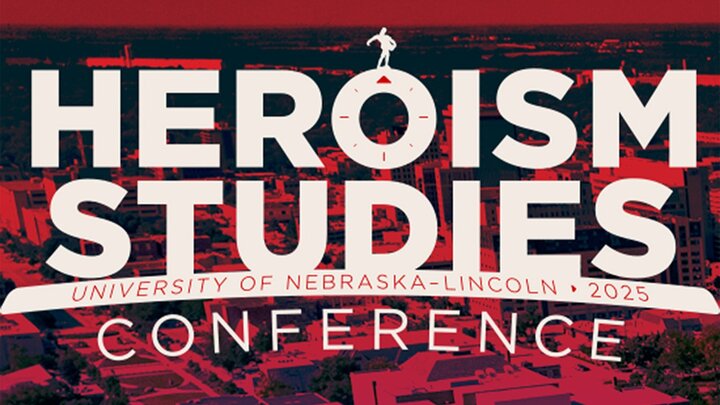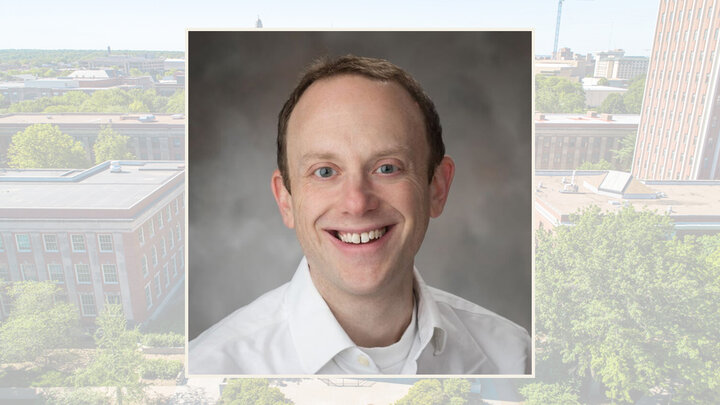In Jewish culture, kosher meals are more than just “nice to have”—they are crucial to religious observance, tradition, and community. Friday evening Shabbat dinners are the start of the Sabbath, the weekly day of rest outlined in the Torah—and the most important ritual observance in Judaism.
Jewish students seek this, and the Norman and Bernice Harris Center for Judaic Studies wants to share these traditions with the larger community.
Being a resource for events and holidays that involve meals makes the Kosher Kitchen key for Jewish students to maintain dietary practices and cultural connections while pursuing their degree.
The recently established Jewish Life Fund will enable the hiring of a staff member to supervise the kitchen and create programming for the university’s chapter of Hillel International, a campus organization at 850 colleges and universities in the U.S., Canada, and 16 countries around the world. The Harris Center will also be able to offer more events (e.g. activities, speakers). Housed in the College of Arts and Sciences at the University of Nebraska–Lincoln, the Center administers the interdisciplinary Jewish Studies minor, hosts annual lectures and symposia, and offers several scholarships.
“Jewish students are looking for more opportunities to meet one another, to sit down together and to talk about all the things that connect them,” Ari Kohen, director of the center, said. “[Food] immediately reminds students of home, of family dinners, of holidays and celebrations. That’s why it’s so important to expand what we can offer.”
Before the kitchen was launched last year, kosher food wasn’t available for events—approved caterers didn’t offer the option. Then, in April 2024, the Harris Center sponsored a Lunch and Learn with a kosher deli lunch, and attendance quintupled. A Shabbat meal for students was hosted the next month, and catering services and prepackaged meals in campus markets were available later in the year.
Part of the Harris Center’s ongoing educational mission is to invite the campus community to learn more about Judaism, and, under Kohen’s leadership, events continue to increase. By the end of May, the Harris Center will have hosted 14 educational events over the 2024-2025 academic year. These included day-long symposia, lectures by esteemed visiting scholars, and partnerships with the Lincoln and Omaha Jewish communities that brought community members to campus and scholars and students to synagogues and to the Staenberg Omaha Jewish Community Center (JCC). Last fall, the Harris Center purchased a 16 foot x 16 foot Sukkah kit which the Hillel students built in front of the Jackie Gaughan Multicultural Center. It was the site for eight events and showcased the weeklong Sukkot (Feast of Tabernacles or Feast of Booths) festival for campus.
A thriving Jewish presence can send a strong signal to those curious about the culture. Imagine: the center hosting a spring Passover Seder (a Passover meal involving a sequence of events and traditions); the Kosher Kitchen offering fresh food daily; and students connecting in a dedicated Hillel space on campus.
It can also act as an educational defense against antisemitism. The Harris Center stands as a ready resource when current events call for context—such as an ongoing series of educational talks that have featured campus experts on the Middle East as well as survivors of the Oct. 7 terrorist attack —and continues to be a hub for Holocaust education: providing professional development for Nebraska teachers, expanding academic offerings for undergraduates, and capturing records digitally for all to read.
With the only Jewish Studies academic program in Nebraska and the aforementioned resources, NU’s flagship campus is poised to offer a supportive “home away from home” for Jewish students and a firsthand, immersive experience for non-Jewish students and the Lincoln community.
The picture is one of Husker spirit and Jewish spirit connected in completeness and peace—shalom.
